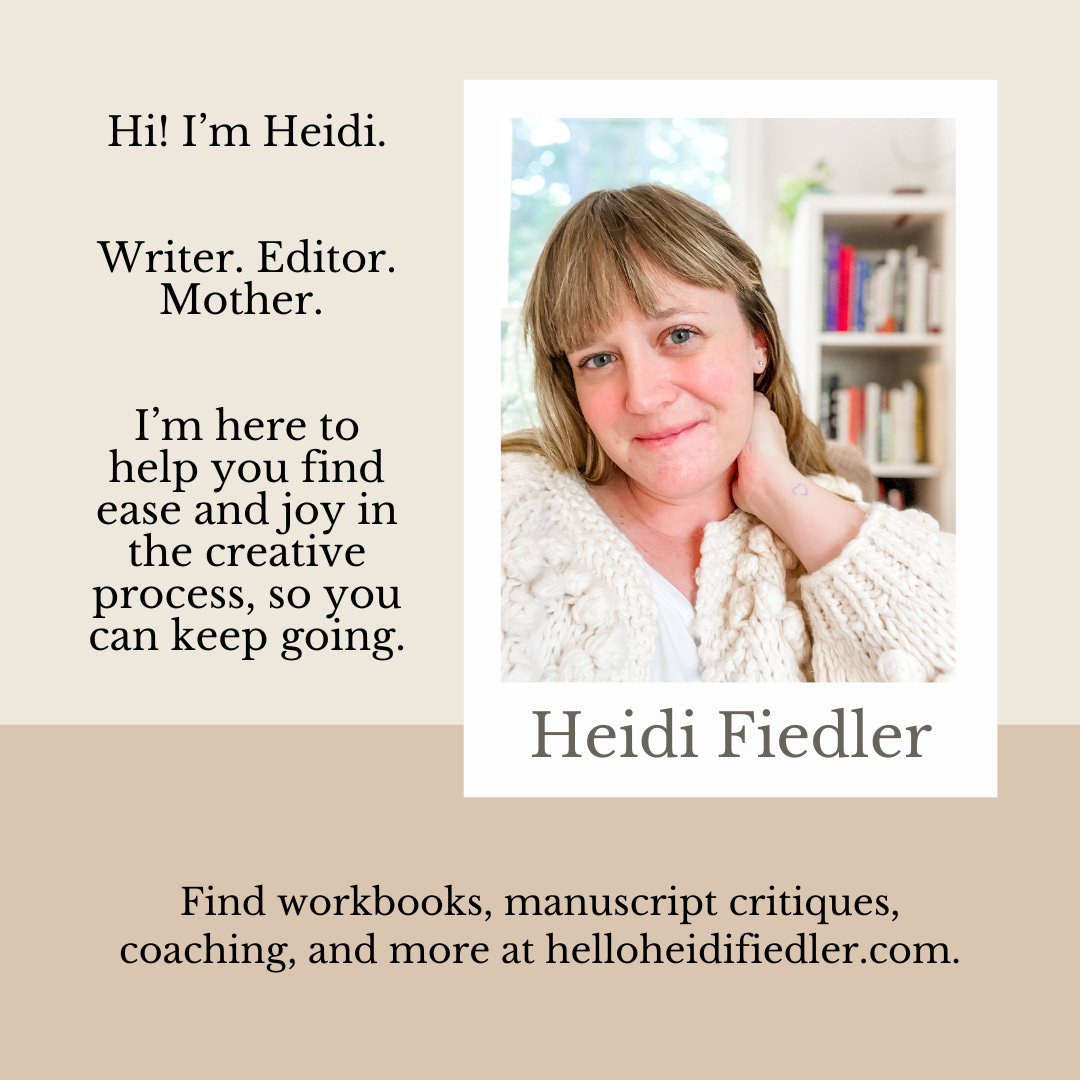Sometimes I get messages from writers who say something like “I know what the story is. How do I actually write it?” Or more specifically they might say “How do I start the story?” or “How do I figure out the first sentence?”
My short answer is simply start writing. You are allowed to meander and stumble around in the first draft and even the fifth draft. This is not the time to start refining or editing, and you certainly don't have to figure out the story immediately. Now is the time to write down every idea you have. We can sort out what's important later.
My longer answer might be more helpful though. At the very least, it’s more practical, so if you don’t know what to write, you can still take action and make progress. Here are five simple steps you can take when you don’t know how to start your story.
Gather a stack of books in your genre and read just the first sentence in each one. Which ones pull you in? Which ones feel tightly connected to the story? Which ones surprise you? Which ones feel emotional? Which ones are mysterious? What are you most drawn to?
Challenge yourself to write ten different opening lines, taking a really different approach with each one. Maybe one is silly, one is more poetic, one is told in a very formal storytelling voice. Maybe one is from the main character’s point of view and one is from your point of view. Maybe you zoom in, starting with a big sweeping statement and then getting more detailed. Or maybe you start with details. The point is to play around with it and try to surprise yourself with what works.
Make a list of words/ideas/elements that inspired you to write this book in particular. You may want to pick and choose from that list as you craft your first sentence, or you might just let them soak into your story, but it can help to step back from the story and articulate the mood and vision.
Work backwards. If you know how the book will end or you have some sense of what the theme might be, you can include a reference to those ideas in the first few lines.
Hum the beginning of the story. This might feel a little abstract, so skip this one if it doesn’t resonate with you, but maybe it’s just the magic you’ve been looking for. Pretend your book is wordless or you’re sitting down to the campfire to spin a tale. What’s the rhythm of your story? What’s the melody? What words fit the tune you’re humming? Let your unconscious guide you.
If you try these any of these techniques, hit reply and let me know how it goes. If you’re still feeling stuck, book a critique or a coaching session and we can brainstorm together. It will be fun! And you’ll walk away knowing exactly what to write next…
This Week I’m…
Finding these weird things surprisingly helpful as I get over a cold
Wondering if anyone here is writing a heroine’s-journey story
Watching this juicy dance doc
Thinking about this explainer on how a book becomes a movie
Getting ready to talk with the smarties in Club Ed
Continuing the sock discussion with a new question…How do we feel about lettuce-edge socks?
If you enjoyed this post, please 💛 it so others can find it or share it with your favorite creative mothers.
PS—The fastest way to grow as a writer is to book a manuscript critique or a creative coaching session with an expert.
My clients get agents, sell books, and win awards. They also learn how to find ease and joy in the creative process, so they can keep going when life gets hard.






